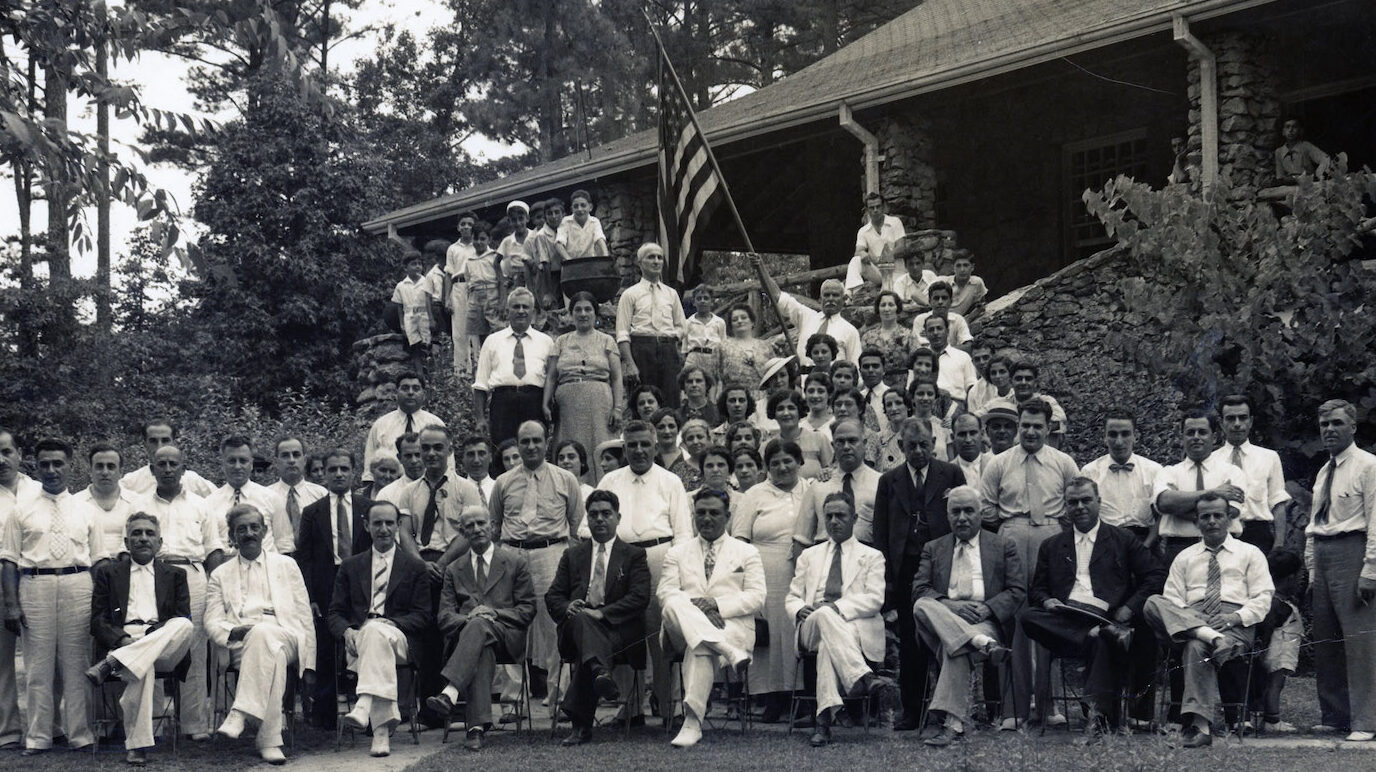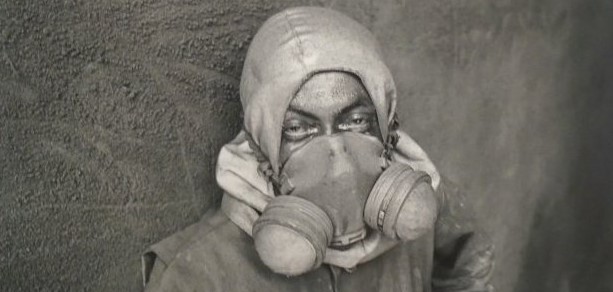DPLA brings light to Lebanese around the world
Part of the Project’s mission is to create an accessible and searchable archive of materials that illustrate the history of the Lebanese-American experience in North Carolina. For almost 4 years, we’ve worked with the community to populate the archive in the face of NC-based cultural institutions like libraries and museums that never collected these materials. Everyday we are proud of what we accomplished.
During this time, we have met people who represent institutions nationally that do collect similar materials. We profiled the Lebanese in Kansas, the story of the sterograph that depicted cultivating silkworms, and the Early Arab Music collection at UC Santa Barbara.
Today, I’m excited to announce another resource that has come to our attention: the Digital Public Library of America, which is a searchable online portal of digital collections housed in repositories throughout the world. Here’s what the founders say about it:
The DPLA planning process began in October 2010 at a meeting in Cambridge, MA. During this meeting, 40 leaders from libraries, foundations, academia, and technology projects agreed to work together to create “an open, distributed network of comprehensive online resources that would draw on the nation’s living heritage from libraries, universities, archives, and museums in order to educate, inform, and empower everyone in current and future generations.”
What this means for users: ease of searching online collections! So, instead of heading to 10 websites to search for Lebanese materials, users can head to DPLA and add search terms to their library, which pulls from all the others.
It’s a great idea, but I wanted to put it to the test: Could I find any materials related to Lebanese-Americans?
I searched for DPLA for “Lebanese” and found 177 results including a photo of the Lebanese in Utah, and a Lebanese dancer in Texas.
When I searched for “Lebanese-American,” I only found 6 results including some college newspapers and an oral history of Mr. Nick Rayes.
In all, the library had a wonderful mix of images and stories from the Lebanese community in Lebanon and around the world. However, it didn’t have as many Lebanese-American resources. Still, DPLA is doing a wonderful job connecting to libraries in order to highlight their collections.
This means that our work is more important than ever! Thanks to all of you for being part of it.
- Categories:


